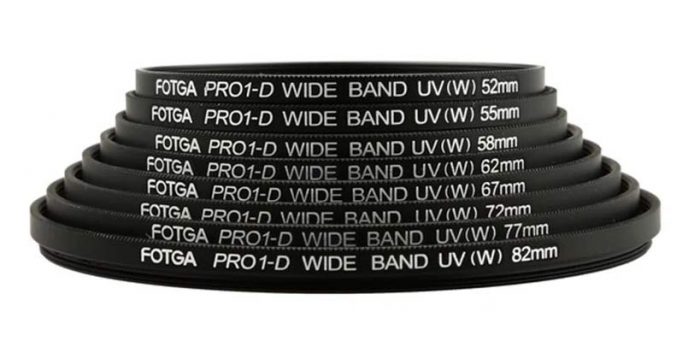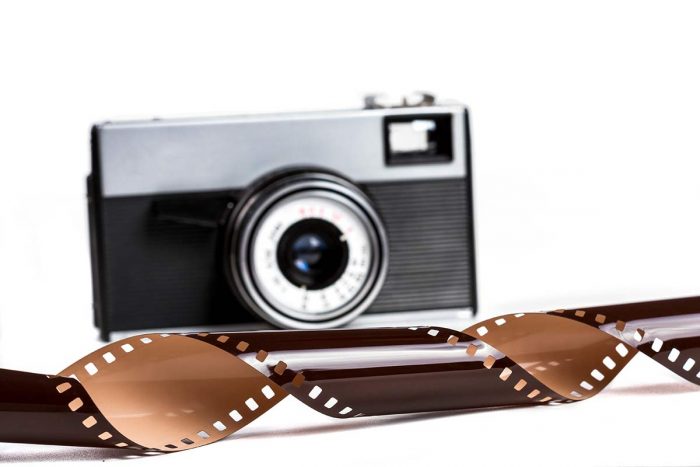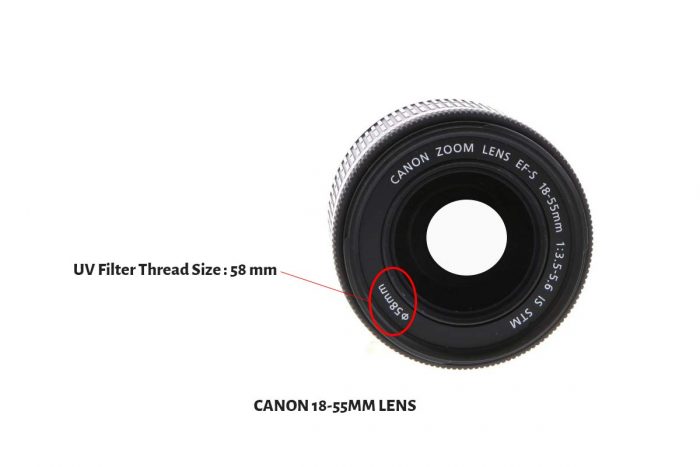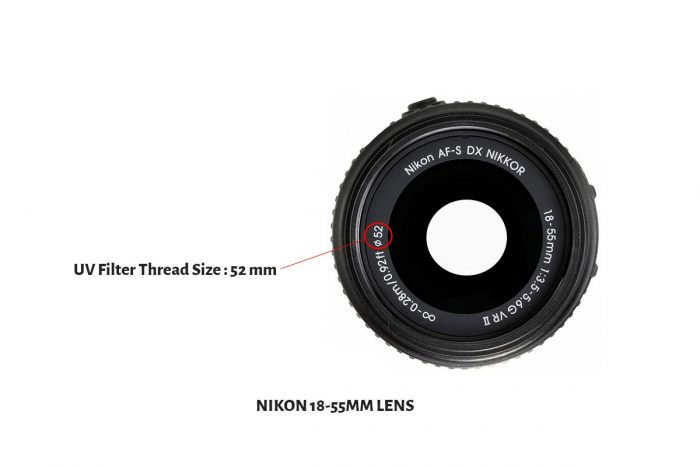What is a UV Filter & Do You Really Need One?
I have seen many photographers buying a UV filter, just after purchasing a new DSLR/ Mirrorless camera. So, my question is why buy a UV Filter? Do you really need it for your camera? Let us find out.
Consider reading this article if you want to know more about camera filters, Understanding Camera Filters
What is a UV Filter in photography?
The UV filter in photography is a glass piece that gets attached to the front of the camera lens, capable of removing ultraviolet rays.
What does a UV Filter Do?
It is considered to do the following things:
1. Protect Camera Lens
Most people believe that a UV filter protects their camera lens. Is it true? Does it protect your camera lens?
Imagine you have attached this filter to your camera lens. You have accidentally dropped your camera with the lens.
When it falls if the impact is on the front glass, then your camera lens may survive and, you may end up breaking the filter alone.
So, you need to replace it with a new one. This is a more cost-effective solution than replacing the camera lens.

When you do photography on a beach or desert, and you drop your camera accidentally. If the camera falls with the lens facing down, then it can result in some scratches on the front glass element of the camera lens. A filter will save your lens in such conditions.
But, if it falls at some other angle, the impact will be on the camera body or other sides of the lens. In this situation, a filter will not help.
It is useful if somebody accidentally knocks in front of your camera lens, with a UV filter attached in front. Lens hood can also help in this situation to an extent.
The outside dust and dirt will get deposited on the front glass element of the camera lens. So, when you try to clean it, there is a chance that you may scratch the glass piece by rubbing the dust particle along with the camera cleaning cloth wrongly.
If the glass piece in the front is a filter, you can replace it with a new one, which is cost-effective.
2. Protect the Camera Sensor
During the early days of photography, we were using film cameras. A UV filter is useful for film cameras since camera films are sensitive to UV light.
Otherwise, you will get a blue color cast in the pictures.

Digital cameras are coming with digital camera sensors, which are less prone to UV light.
But, a UV filter can help to reduce purple fringing in the images, when shot against bright light.
Disadvantages of using a UV filter
We have seen what this filter is capable of doing. Let us also have a look at some of the disadvantages.
1. Affects Image Quality
A UV filter will have some impact on image quality. There will be a slight reduction in the sharpness and contrast of the image. It won’t be that noticeable.
This reduction in sharpness is due to the introduction of this additional glass piece in front of the lens.
Nowadays, very high-quality UV filters are available with thin glass. You can make use of such camera filters to reduce the impact on image quality.
Even a good quality UV filter blocks 2-3 percent of incoming light to the camera sensor. It can go worse if you use cheap UV filters.
2. Lens Flare and Ghosting
A UV filter can introduce unwanted lens flare and ghosting in your image, which gets visible in the form of artifacts. You can see this effect when you use this filter to shoot during afternoons against bright lights.
The ghosting effect becomes visible at night when you shoot lights in the scene.
How to Select a UV Filter?
When you buy a UV filter, you need to ensure that you select one with the right thread size. If you have a lens with a 58mm thread size then you need to buy a 58mm UV filter.

For, example if you buy a Canon DSLR camera with an 18-55mm kit lens. If you plan to use a UV filter, you should go for a 58mm UV filter.
You can see the thread size details in front of the lens. Hoya and LEE are some of the good brands in UV filters

Conclusion
Personally, I don’t feel you need to invest in a UV filter. If you are buying it just for the sake of protection from accidental knocks then better buy a lens hood instead. It can help in removing unwanted light reflections inside lens elements.
If you buy a cheap one for camera lens protection, then it is better to remove it from the camera lens when you are about to take a photo.
If your interest is in landscape photography, then there are camera filters like Neutral Density (ND), Grad ND, CPL Filter, and Color Filters.

